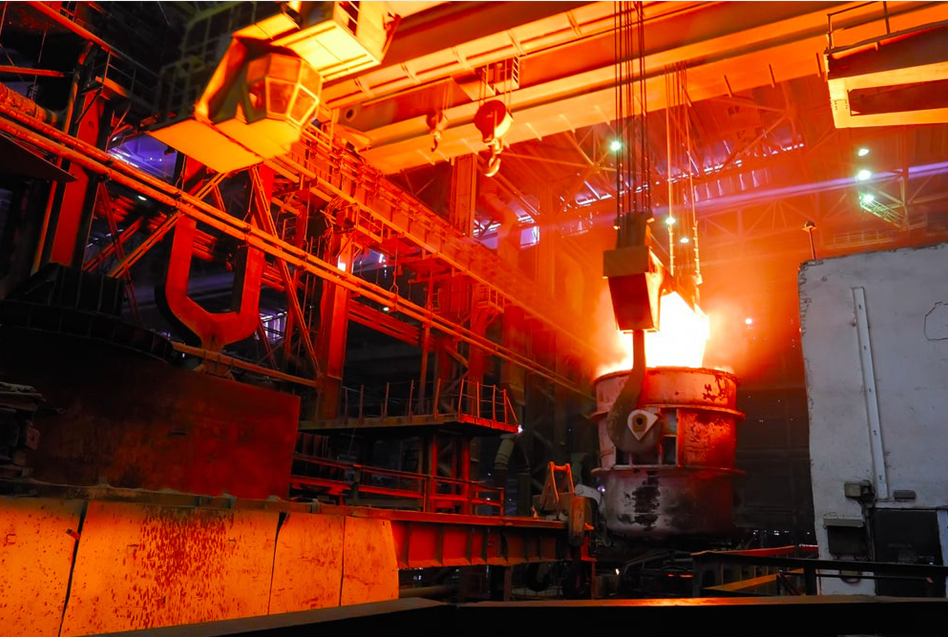Introduction:
Magnesium is a versatile metal that has gained popularity in various industries due to its exceptional properties. It is a lightweight metal with excellent strength-to-weight ratio, making it an ideal choice for manufacturing components that require both strength and lightness. Magnesium casting, the process of shaping magnesium into specific forms through casting, has become increasingly prevalent. In this article, we will explore the advantages of magnesium casting and its applications in different fields.
Advantages of Magnesium Casting:
1. Lightweight: One of the primary advantages of magnesium casting is its lightweight nature. Magnesium is the lightest structural metal available, weighing approximately 35% less than aluminum and 78% less than steel. This characteristic makes it a preferred choice in industries where weight reduction is crucial, such as aerospace, automotive, and electronics.
2. High Strength-to-Weight Ratio: Despite its lightweight, magnesium offers impressive strength. It has a high strength-to-weight ratio, making it an excellent material for applications where both strength and weight are critical factors. This property allows manufacturers to produce components that can withstand high loads without compromising on weight requirements.
3. Excellent Machinability: Magnesium casting also offers excellent machinability, making it easier to shape and fabricate compared to other metals. It can be easily cast into complex shapes and intricate designs, allowing manufacturers to create components with intricate geometries. This advantage reduces the need for additional processing steps, resulting in cost and time savings.
4. Superior Thermal Conductivity: Another advantage of magnesium casting is its superior thermal conductivity. Magnesium has excellent heat dissipation properties, enabling it to efficiently transfer heat away from the component. This characteristic is particularly beneficial in industries where temperature management is crucial, such as automotive and electronics, as it helps prevent overheating and prolongs the lifespan of the components.
5. Good Electromagnetic Shielding: Magnesium is an excellent electromagnetic shield, making it suitable for applications where electromagnetic interference (EMI) needs to be minimized. Its ability to absorb and redirect electromagnetic waves helps protect sensitive electronic components from external interference, enhancing their performance and reliability.
Applications of Magnesium Casting:
1. Automotive Industry: The automotive industry is one of the largest consumers of magnesium castings. The lightweight nature of magnesium makes it an ideal material for various automotive components, such as engine blocks, transmission cases, steering columns, and structural components. The use of magnesium casting in automobiles helps reduce fuel consumption, improve overall vehicle performance, and meet stringent emission standards.
2. Aerospace Industry: Magnesium casting finds extensive applications in the aerospace industry. Its lightweight and high strength-to-weight ratio make it a preferred choice for manufacturing aircraft components. Magnesium castings are used in aircraft frames, landing gear, engine parts, and interior components. The use of magnesium in aerospace helps reduce the weight of the aircraft, leading to fuel savings and increased payload capacity.

3. Electronics Industry: The electronics industry also utilizes magnesium castings in various applications. Magnesium is commonly used in the manufacturing of laptops, smartphones, tablets, and other portable electronic devices. Its lightweight and excellent thermal conductivity properties make it an ideal choice for heat sinks, casings, and components that require effective heat dissipation.
4. Medical Industry: Magnesium casting has gained traction in the medical industry for its biocompatibility and lightweight nature. It is used in the manufacturing of medical implants, such as orthopedic implants, cardiovascular stents, and dental implants. Magnesium implants provide a suitable alternative to traditional materials, as they are lightweight, have excellent mechanical properties, and promote bone healing.
Conclusion:
Magnesium casting offers numerous advantages, such as lightweight, high strength-to-weight ratio, excellent machinability, superior thermal conductivity, and good electromagnetic shielding. These advantages make magnesium an ideal choice for a wide range of applications in industries such as automotive, aerospace, electronics, and medical. As technology advances and the demand for lightweight and efficient materials increases, magnesium casting is expected to play a significant role in the future of manufacturing.
-

- Thixomolding parts & components cell phone middle board processed
-

- Magensium mountain bike frame
-

- OEM die-casted parts& components
-

- High precision magnesium thixomolding components UAV cover
-

- Magnesium alloy die-casting Auto parts headlight frame
-

- Magnesium alloy die-casting auto parts center control cover

 0086-750-5616188
0086-750-5616188 +86 13392089688
+86 13392089688 sales@zhongmei-tech.com
sales@zhongmei-tech.com







